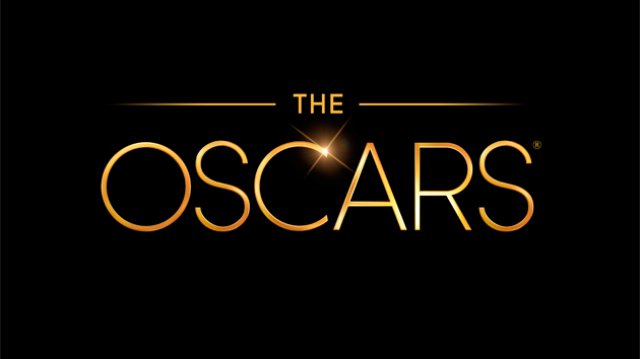A history of Oscar bait
Another season of Oscar nominations has rolled in and, with it, the mandatory comments about Oscars only being given to films designed to win Oscars. There are certain things you must do (be a biopic, talk about the Holocaust) or not do (be popular with a general audience) to gain the award – but was this always the way? When did the idea of Oscar bait become a thing? In the wait for the ninetieth Academy Awards ceremony, let’s take a brief look back at the concept of Oscar bait.
The idea behind the Oscars is that they award artistic and technical merit. Obviously, some of these things are highly subjective choices, but there was a time when awards like Best Picture were given to what was generally considered the most important film of the year by critics and viewers alike.
There are certain things you must do or not do to gain the award – but was this always the way?
If we head back to the 1970s, the films nominated for Best Picture tended to significantly overlap with the highest-grossing films of the year, for instance, 1970 saw Love Story, Airport, MASH and Patton up for the prize. Skip ahead to the 2000s, and things have changed. After years of the highest grossing films being nominated, 2005 and 2006 saw none of the five Best Picture nominees hit the Top 20 box office figures.
Star Wars and Jaws were essentially the last blockbusters to get real awards recognition (although there were exceptions, like Titanic) – and past this, there seemed to be a divergence, with awards being used to boost attendance for smaller films. From this, the predictable idea of what makes up an ‘Oscar bait’ movie generated. This was parodied in an episode of Extras, in which Kate Winslet says she’s doing a Holocaust movie because ‘you’re guaranteed an Oscar.’ Two years later, she won a Best Actress Oscar for her performance in The Reader, a Holocaust movie.
2005 and 2006 saw none of the five Best Picture nominees crack the Top 20 box office figures
A key example of the Oscar bait trend is 2011’s Extremely Loud & Incredibly Close, a movie that received very mixed reviews and made practically no money. It was widely expected to be a contender for the Oscars before it was released, and it ticked all the Oscar bait boxes – a tragic subject matter (Tom Hanks is killed in 9/11), a mentally-disabled child protagonist, etc. It received no award traction because of its reception apart from the Oscars, something both audiences and critics attacked, and that was mostly down to producer Scott Rudin using the Oscars to promote the movie (something he had done to greater success in There Will Be Blood and No Country For Old Men).
Using the Oscars to market films dates back to 1978’s The Deer Hunter. Film producer Allan Carr knew that the Vietnam War film would be hard to sell, and so came up with a plan to use the Oscars to sell it for him – it opened under extremely limited release (in just two cinemas), closing after the week it needed to be eligible for Oscar consideration. After the nominations, the distribution widened, building up to a full-scale release after the Oscars were awarded that saw it become a box-office hit. This strategy eventually became the norm for potential contenders.
[There is a] predictable idea of what makes up an ‘Oscar bait’ movie
A split developed – the more prestige pictures focused on acquiring their Oscars, and mass market films focused on trying to appeal to as many people as they possibly could (leading to furious reactions when movies like The Dark Knight weren’t considered for Best Picture). Oscar ceremony viewership dropped as fewer people actually watched the films that got nominated. In 2010, the Best Picture category was expanded to ten to make room for some more popular movies (even though they still tend to get relegated to technical categories).
Is there a solution to this problem? If there is, it will probably tie in with the Academy’s greater push for diversity. As an increased range of viewpoints and backgrounds enter the Academy, the selection of films that they choose to honour will possibly be different, and I think that this year’s Oscars will see a push in the right direction. If the Oscars wish to retain some degree of relevance, perhaps they could talk about films people actually enjoy and, you know, watch.
Read our reviews of Oscar nominated films: The Shape of Water, Three Billboards Outside Ebbing Missouri, Coco and Call Me By Your Name

Comments